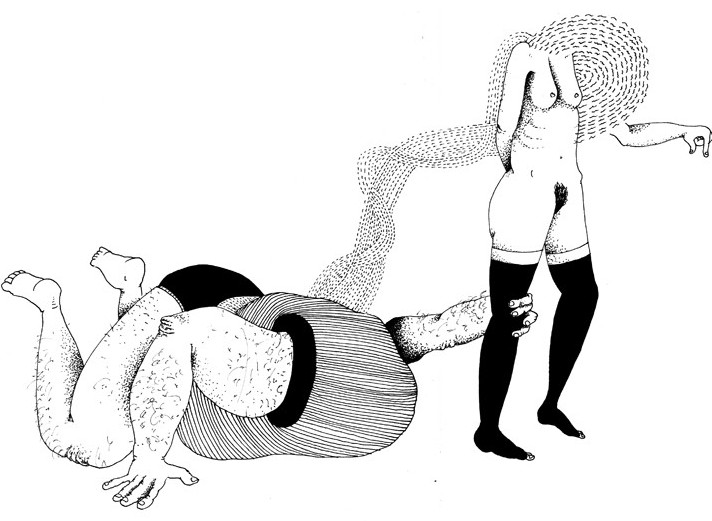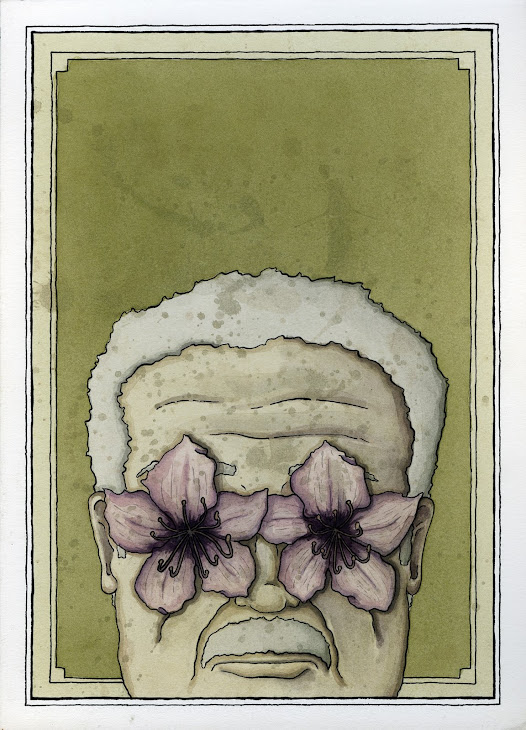Of Mice and Men at 16
At 16, I was not able to appreciate the unmistakable harshness of what really is the average human's life. That is to say, I knew people starved to death half way across the world, I knew there were dictators, and so on. But these are the extremes.
I did not recognize small silent suffering. For I didn’t know the man who spends his whole life toiling to no tangible end – working to work. I did not recognize wretched solitude. For I did not know he who spends his existence hopelessly drifting through the mass of humanity unable to connect with another – living only for himself.
These experiences being so far from the life of a middle class high school student enjoying himself and his youth, I first understood the story of Of Mice and Men as a comedy, albeit tragic at times.
Of Mice and Men at 23
Reading it a second time, however, a year after graduating from college, months after working in Child Inpatient Psychiatric Services, and hundreds of hours of studying international affairs, my perception of this book has notably changed.
This time, I also laughed. But instead of laughing at misery, I laughed at hope, that is, Lennie’s dogged hope to beat work and live off the fat of the land. For even after killing Curly’s wife with his bare hands, Lennie pressed George to tell him about how they were going to have their own piece of land where they would be their own bosses and where he could tend the rabbits. Such indefensible optimism tickled my funny bone. At 16, I appreciated such seemingly impervious positivity.
So at 16 I found misery amusing and hope serious, while at 23 I found misery serious and hope amusing – interesting.
Ergo, it appears on the second go-around I understood Steinbeck’s work as a tragedy, though not without comedy.
The Ice-axe and the Mirror
Kafka said “A book must be an ice-axe to break the seas frozen inside our soul,” and I agree with this notion. But after a second read, years and years later, a book may become a mirror through which to observe and survey the ever-evolving nature of our thawing and unfrozen seas, illuminating the very reverberations of the axe’s stroke.
--
This is one of my favorite character descriptions in Of Mice and Men (see if you can figure who it is):
“There was a gravity in his manner and a quiet so profound that all talk stopped when he spoke...His ear heard more than was said to him, and his slow speech had overtones not of thought, but of understanding beyond thought.”
(It's Slim, "the jerk line skinner")
.jpg)
.jpg)
.jpg)


.jpg)
No comments:
Post a Comment